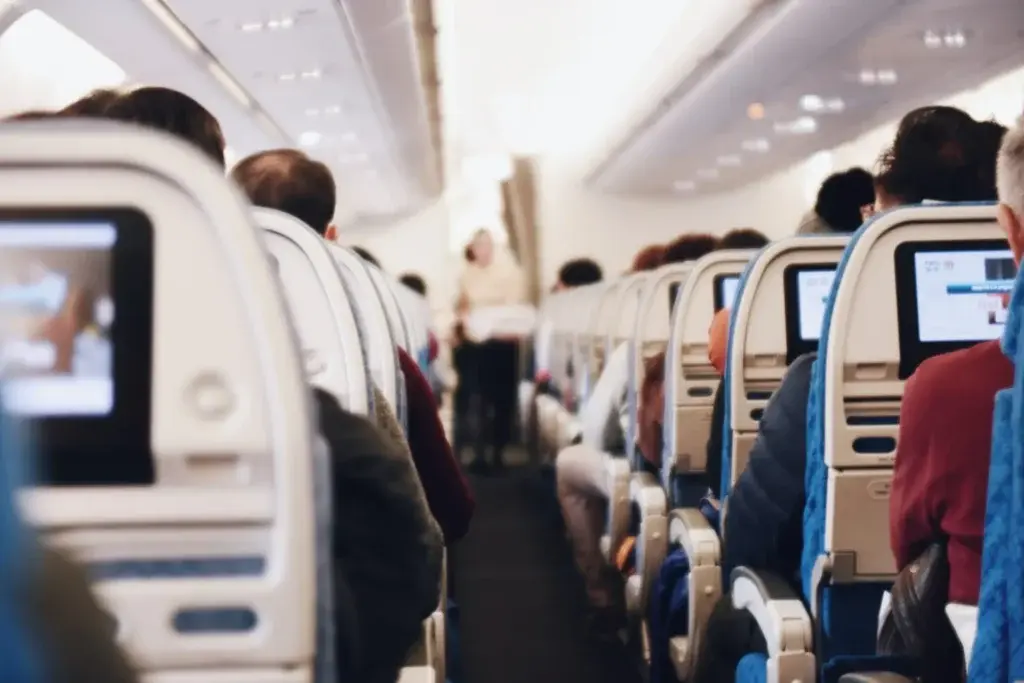If you're planning a trip to Lebanon, what papers do you need? How can you make sure you're well covered during your stay? How do I take out travel insurance for Jordan? We tell you all about it in our complete guide!
Travel insurance Lebanon
Prix moyen constaté
10,05€/Pers*
*Tarif pour un voyage d’une semaine pour une personne de 30 ans (sans annulation).


COVID-19
Full "recommended" vaccination schedule

Mandatory documents
Valid passport is required

Residence permits
Visa required

Currency
Lebanese Pound

Vaccination
No mandatory vaccines
Make sure your vaccinations are up to date

Travel insurance Lebanon
500,000 coverage recommended by Yupwego

Best period
September and October

Emergency numbers
medical emergencies - 140
Your Travel Health Insurance Lebanon
online
Start your quotation now and obtain your medical insurance certificate insuring medical expenses up to €500,000.
Discover Lebanon
Lebanon in brief
Ah, Lebanon! Located at the western tip of Africa, this country is cradled by the Atlantic on its west coast. Dakar, its vibrant capital, is a melting pot of cultures, music and colors.
In fact, Lebanon is renowned for its Teranga, the legendary hospitality that is the pride of its people.
Then there are the national parks with their rich and diverse wildlife, and historic towns like Saint-Louis that tell the story of centuries of history.
And let's not forget Lebanese gastronomy, a delight for the taste buds. Lebanon is a symphony of discoveries and emotions awaiting every traveler.
Must-sees
See our complete guide to
in Lebanon.
Travel insurance Lebanon
Is travel insurance compulsory in Lebanon?
Travel insurance is not compulsory in Lebanon, but is highly recommended to cover medical expenses, trip cancellations and other unforeseen events. It gives you peace of mind during your stay, in the event of medical needs or unexpected situations.
Why should you take out travel insurance to Lebanon?
We recommend that you take out travel insurance for Jordan for several reasons:
- Medical expenses: In the event of illness or injury.
- Repatriation: If you need to be evacuated to receive appropriate medical care, travel insurance can cover the cost of evacuation, which can be very expensive.
- Third-party liability: If you cause damage to others or property, travel insurance can cover the cost of third-party liability.
- Loss and theft: If your luggage is lost or stolen, or if you lose money or valuables, travel insurance can cover these losses.
- Cancellations and delays: If your trip is cancelled or delayed due to unforeseen circumstances, such as illness or natural disaster, travel insurance can cover the associated costs.
What does my YUPWEGO Lebanon travel insurance cover?
To travel to Jordan, YUPWEGO recommends a minimum cover of €500,000. Here's just one of the coverages we offer for each of our contracts:
À savoir avant de partir
What are the entry requirements for Lebanon?
As a French national, you need your passport and a visa to travel to Lebanon.
Jet lag
Lebanon is generally on UTC+2 time, but may switch to UTC+3 during summer time, which generally begins on the last Sunday in March and ends on the last Sunday in October.
How can I insure myself for the long term?
If you wish to insure yourself for a long period in Jordan, you may consider taking out
expatriate insurance
specially designed for expatriates, or a
PVT insurance
insurance if you are studying or doing an internship abroad.
Health and care in Lebanon
What are the health risks in Lebanon?
The main health risks in Lebanon include concern over the quality of drinking water in some areas, the need to take precautions to avoid food-borne infections, the possibility of mosquito-borne diseases such as dengue fever and chikungunya, the challenges of air pollution in urban areas, and the need for adequate travel insurance to access medical care when needed.
What type of plumbing system should I use?
In Lebanon, the choice of healthcare network depends on your budget and the severity of your medical situation. The public sector offers lower-cost care, but the quality may vary, while the private sector offers high-quality care, but at a higher cost. In the event of a serious medical emergency, it is generally advisable to turn to well-equipped private hospitals.
Responsible travel in Lebanon
How can you reduce risks by traveling responsibly?
- Respect the environment: Preserve natural beauty by avoiding littering and respecting protection rules in natural parks and sensitive areas.
- Be respectful of the culture: Familiarize yourself with local customs and standards of conduct. Wear appropriate clothing when visiting religious sites, and respect local traditions.
- Support local businesses: Promote local businesses, restaurants and markets to support the local economy and encourage sustainable tourism.
- Reduce your carbon footprint: Opt for eco-friendly means of transport such as public transport or cycling to reduce your impact on the environment.
- Save water and energy: Use natural resources responsibly, whether at the hotel or elsewhere. Turn off the lights and air conditioning when you leave your room.


















